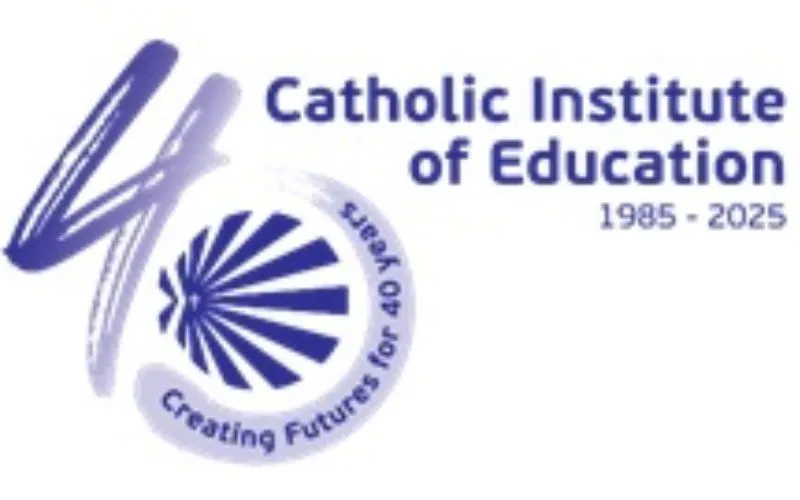Johannesburg, 12 June, 2025 / 3:00 pm (ACI Africa).
The National Catholic Board of Education (NCBE), which is the governance structure of the Catholic Institute of Education (CIE) and other Catholic education organizations in South Africa, has decried “chronic underspending” in schools, and urged the government to address the issue.
In a statement, while NCBE officials laud the government for increasing the Basic Education allocation for the year 2025/26 by 2.6 percent, they remind the government that commitment to education should go beyond budget allocation.
They also urge the South African government to address the vices of corruption and incompetence among others that they say hinder commitment to education.
“The challenge in the government's commitment to Basic Education extends beyond budget allocation to ensuring that funds reach schools on the ground,” NCBE officials say in the statement that ACI Africa obtained on Wednesday, June 11.
They add, “We are particularly concerned about corruption, incompetence, and inefficiencies in certain provincial education departments that contribute to chronic underspending and the delays in the disbursement of funds to schools. No-fee and low-fee educational institutions suffer most from these inefficiencies.”








